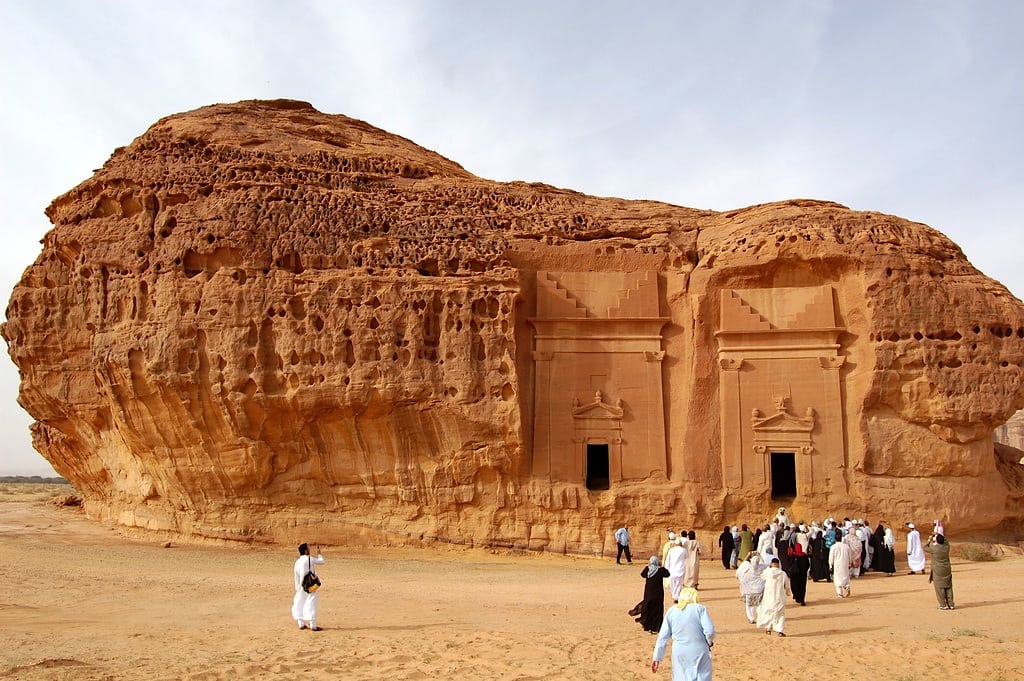Saudi Arabia's tourism challenge: Strict religious principles dominate discussion

Skift Take
Will the success of Dubai and its regional peers nudge Saudi Arabia to open up its much richer sites to outsiders? Or will the kingdom's conservative nature keep its treasures hidden?
Life has taken me to Saudi Arabia a lot this year. Together with my fellow Hotelier columnist, Martin Kubler, I was a judge on the Saudi Commission for Tourism & Antiquities’ third annual Saudi Excellence in Tourism Awards, which gave us a unique perspective on this archetypically introverted country.
Outsiders could be pardoned for asking: “Tourism, what tourism?” I mean, most people outside the Kingdom think of tourism as synonymous with leisure holidays — and with all due respect, Saudi Arabia is hardly renowned as the fun capital of the world.
And yet, as judging the tourism awards made plain, this widely misunderstood desert Kingdom has miles of really amazing beaches, stunningly contrasting landscapes from desert dunes to verdant mountains, scores of fascinating historic and archaeological sites, world-class hotels and shopp
